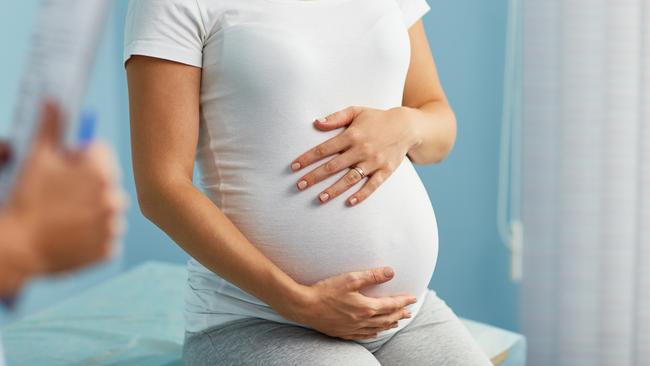New blood test could predict whether or not IVF will succeed
COUPLES would be able to avoid expensive - but futile - IVF treatments thanks to promising new Australian research.

Babies
Don't miss out on the headlines from Babies. Followed categories will be added to My News.
COUPLES would be able to avoid expensive IVF treatments that are doomed to fail thanks to new Australian research being launched today as part of a 10-year bid to improve women’s health.
A breakthrough in predicting whether an in vitro fertilisation cycle will be successful — which could be as simple as a blood test — would save hopeful parents thousands of dollars.
An initial IVF treatment in Australia alone can cost up to $9710 — that’s the equivalent of the average Australian household electricity bill for six years.
Monash University researcher Dr Tracey Edgell will be conducting trials over the next two years of a blood test she has developed to predict if a woman’s body is physically ready to conceive.
Her research is one of 29 research projects being funded through an $18 million injection into women’s health that Health Minister Greg Hunt will announce today (Wed) as he meets with key stakeholders to begin work on a new National Women’s Health Strategy for 2020-2030.
Dr Edgell’s test checks whether a woman’s endometrium, the uterus lining, is actually receptive to an embryo though assessing proteins in the blood.
Dr Edgell’s blood test checks whether a woman’s endometrium, the uterus lining, is actually receptive to an embryo, which is crucial to the successive of an IVF treatment.
“At the moment, there’s no way for anyone to tell if that endometrium is successful or not,” she said.
Quite often they could be putting an embryo back into a woman that has absolutely no chance of succeeding because the endometrium isn’t ready for it.”
Australian Women’s Health Network chief executive Kelly Banister said she would welcome an advancement that would reduce the costs and uncertainty of IVF.
“From my experience talking to people it can be a traumatic and emotional process, as well as costly,” she said.
“We would welcome anything that would give a better idea of the chance of success.”
The test would reduce the high rate of failure for IVF treatments in Australia, where almost 70,000 treatments are done every year.
Just 33 per cent of women will have a baby from one cycle at the moment, according to a University of NSW study of 56,652 women.
It also found that after eight cycles, which could couples cost up to $32,700 in out-of-pocket costs after a Medicare rebate, between 54 and 73 per cent of women would have a baby.
“Women experience health challenges differently to men and we need to ensure that this is reflected in our health system,” Mr Hunt told News Corp ahead of today’s meeting at Parliament House.
He said maternal and infant health, chronic disease, healthy ageing and mental illness would be a major focus of the new national strategy, which would “ensure that the health of Australian women and girls is improved over the next 10 years”.
New research projects investigating the health impacts on newborns of obesity, high blood pressure or diabetes in pregnant women, new breast cancer treatments, and better treatments for pre-eclampsia will also be launched today.
Mr Hunt said the projects had the potential to save lives and could change the way Australia approached women’s health.
The federal government is also developing a separate strategy for men’s health for the next decade.


